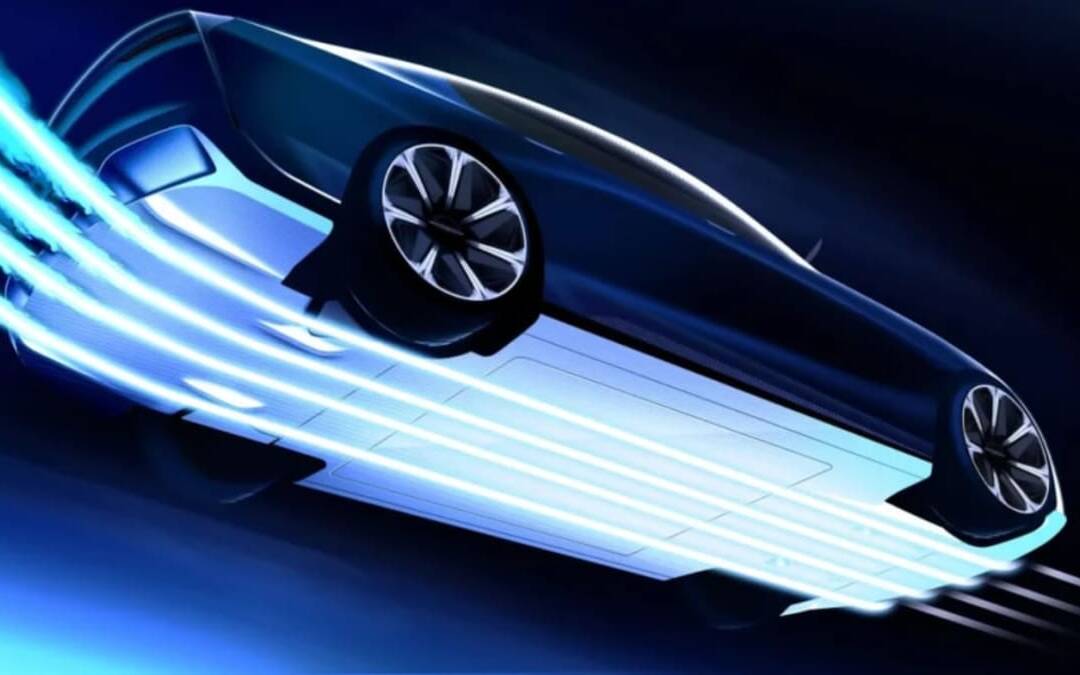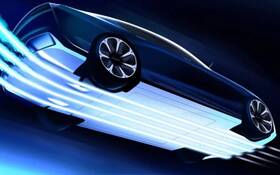Chrysler 300 Electric Replacement Reportedly Shown to Dealers
Stellantis, which will cease production of the Chrysler 300, Dodge Challenger and Dodge Charger months from now, has promised to build from 2025 a couple of vehicles based on its new architectures in Brampton, Ontario, including at least one electric model. We’ll find out what it is this summer.
This week, the car that’s making headlines is the Chrysler 300.
- Also: Chrysler Shows Cockpit of the Future at CES
- Also: 2023 Chrysler 300C Packs 6.4L HEMI V8 in Final Iteration
The full-size American sedan, which will bow out after the 2023 model year with a new 300C model powered by the 6.4-litre HEMI V8 and limited to just 200 units in Canada, is said to spawn a battery-powered replacement around mid-decade.

According to Mopar Insiders, Stellantis recently held a private dealer event in Las Vegas to show three new vehicles, one of which was a Chrysler-branded electric sedan. The car reportedly had a fastback design not unlike the Dodge Charger Daytona SRT concept. That makes sense. After all, the outgoing Charger and 300 are closely related and built on the same platform.
No pictures have leaked online, but we think we know what it might look like. At Stellantis’ EV Day in 2021, the automaker released images that hinted at a modern Chrysler sedan, built on its STLA Large platform.

One thing’s for sure: Chrysler desperately needs new blood. The Pacifica and Grand Caravan minivans have an uncertain future at the moment, although the former is expected to get a zero-emission successor by 2028, the year Chrysler plans to go fully electric.
The Windsor, Ontario assembly plant that makes these minivans will be retooled this year to produce vehicles on the STLA Large chassis. We could be talking about the Charger Daytona SRT and the Chrysler Airflow crossover, both of which are slated to hit the market in late 2024 as 2025 models.

Last year, Stellantis announced plans to invest $3.6 billion to secure the future of its Windsor and Brampton assembly plants and to expand its Automotive Research and Development Centre to accelerate the company’s move to a sustainable future.
It also teamed up with LG Energy Solution to build a battery factory in Windsor, requiring an investment of $5.2 billion.












